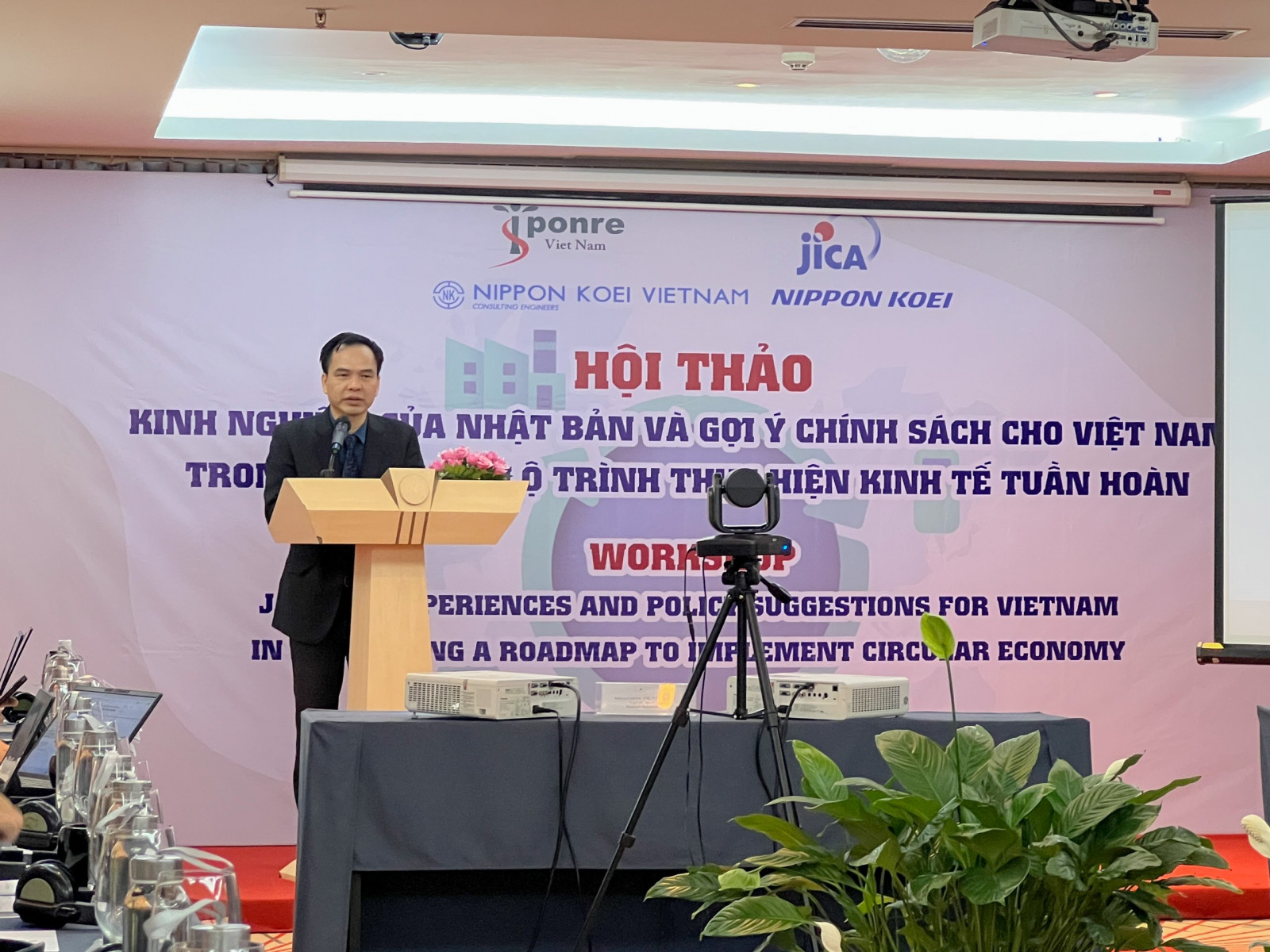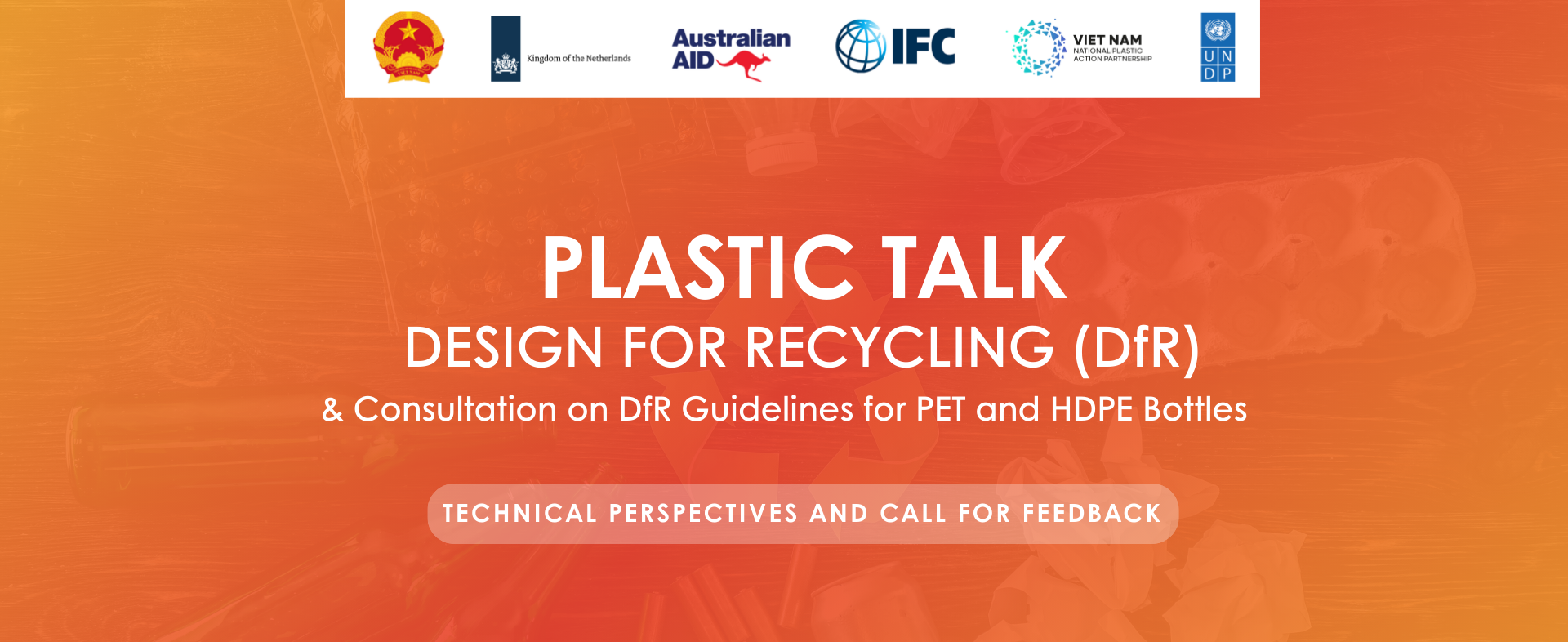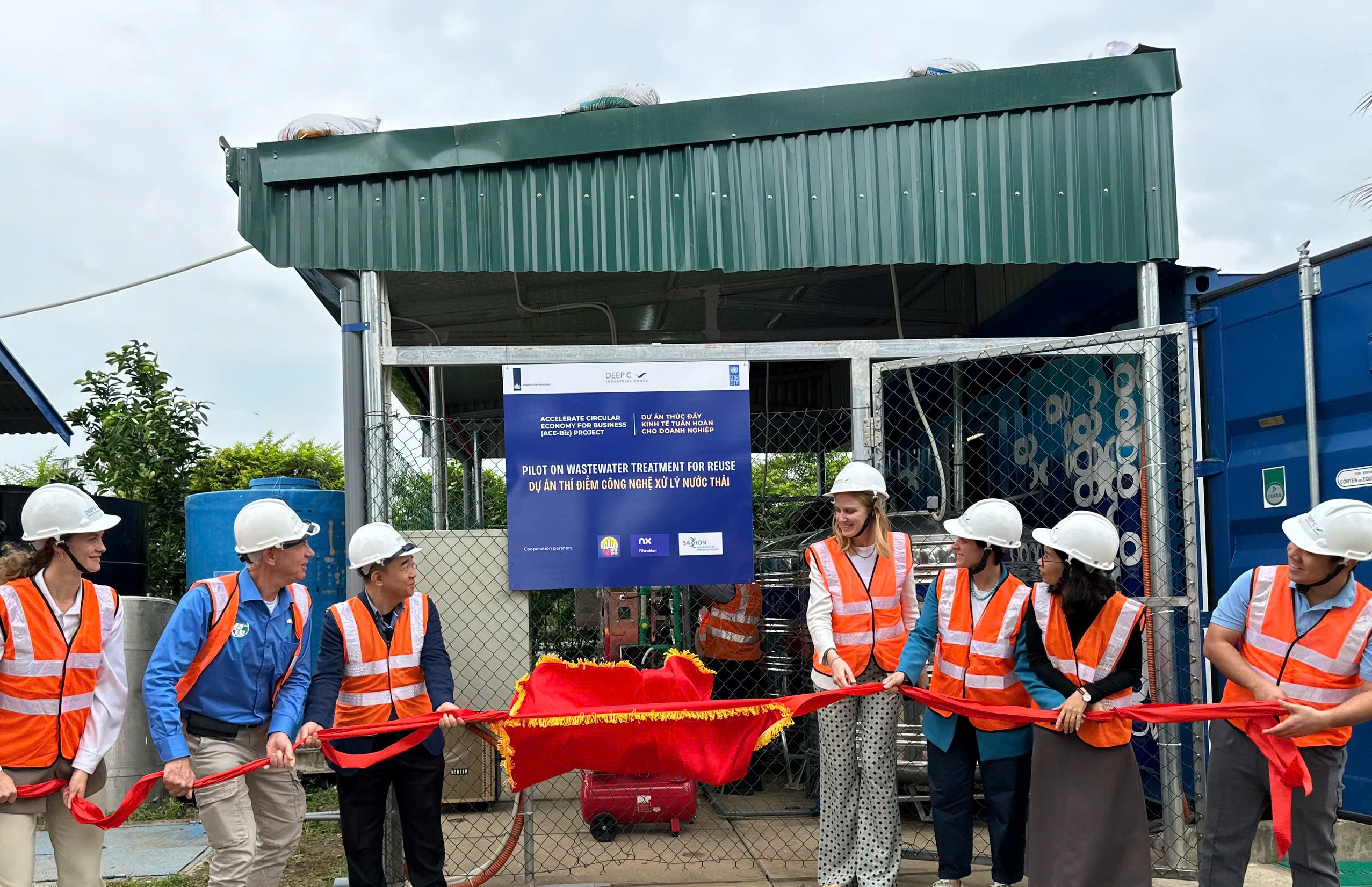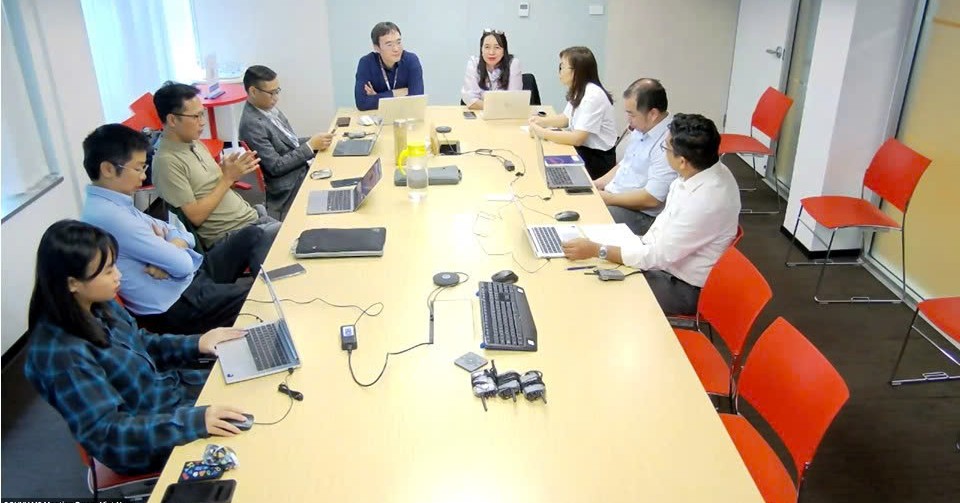On the morning of July 6, at The Ann Hotel (Hanoi), within the framework of the project “Survey on circular economy in Viet Nam”, JICA cooperated with ISPONRE and the consulting unit Nippon Koei Viet Nam international Co., Ltd. organized the seminar “Japan’s experience and policy suggestions to support Viet Nam in building a circular economy implementation roadmap”.
The workshop was organized with the aim of introducing the project results, the National Circular Economy (CE) Framework Action Plan and consulting on the Draft Action Plan Framework.

Speaking at the opening of the workshop, Dr. Mai The Toan – Deputy Director of ISPONRE (Ministry of Natural Resources and Environment) shared: Japan is one of the leading countries in building economic models. circular economy in the world. Starting in 1999, up to now, the circular economy in Japan has completed and developed strongly. He also expressed that Viet Nam is very pleased to receive proposals and recommendations from Japan to further improve the process of building a CE in Viet Nam.
Mr. Tanaka Akihisa – Deputy Chief Representative of JICA Office in Viet Nam shared briefly about the process of building a CE in Japan. “This seminar was organized to share Japan’s experiences in the process of implementing CE and how to implement CE in Viet Nam to meet the set criteria.
There is a need for a transition from a linear economy to a circular economy, applying 3R (reduce – reuse – recycle) to prolong the life cycle of products in the economy. Like Viet Nam, Japan has also faced a lot of pressure on land area and large amount of waste. We have actively developed laws to guide people to participate in recycling, reuse, and promote the development of CE.”

CE is the common development trend of all economies today, in order to protect a green planet, minimize hot growth, bring green values to the economy, and definitely do not trade off the benefits of the environment with economic benefits.
Presenting at the workshop on the orientation of developing the national action plan on CE in Viet Nam, Mr. Lai Van Manh – Head of the Department of Economics of natural resources and environment, ISPONRE emphasized on framework and laws of CE in Viet Nam, especially Article 142 of the Law on Environmental Protection 2020 and Decree 08/2022/ND-CP detailing the implementation of the law on environmental protection.
He also expressed about Viet Nam’s concerns in the process of building a legal framework and policies to promote the development of CE in Viet Nam – “How to show the system and synchronism”.
In Japan, CE has developed since 1999 with the first decisions and actions of the government. Up to now, with a vision to 2020, CE in Japan has been upgraded, completely shifting from a linear economy to CE. The JICA research team in Viet Nam presented an overview of the results of the survey on CE by JICA. The representatives took turns introducing the main contents of this study.
The project has been implemented since January 2022 and is expected to be completed in 2025, aiming to collect basic information about CE in Viet Nam and Japan.
Analyzing the structure of the legal basis of CE in Viet Nam, studying the Japanese economic vision and basic plans to establish a safe material-cyclic society, through which to develop proposals on structure of Viet Nam’s national action plan on CE, based on experiences and lessons from Japan and other countries in the region and the world.
After a long time of research, JICA has collected many legal documents on CE in Viet Nam and Japan, analyzed the relationships between elements in the legal system and found common features.
Through that, combined with Japan’s experience in building a circular economy, JICA presented lessons learned from Japan and other countries in implementing the circular economy.
To be able to develop a circular economy, the government needs to build a sufficient and reasonable legal basis, focusing on priority industries in the construction process, creating a foundation for the development of the circular economy. circulatory economy. In particular, it is necessary to clearly define the responsibilities of each organization in the process of implementing CE.
In his presentation, Mr. Ichiro Adachi – JICA’s Environmental Management Advisor at MONRE shared information and good examples of plastic recycling in Japan.
He especially emphasized the responsibilities and roles of agencies, ministries, and leading agencies in the implementation of CE in Viet Nam and many other countries. He also made a number of proposals to implement the CE in Viet Nam.

During the discussion session on JICA’s research results, which was moderated by Assoc.Prof.Dr. Nguyen The Chinh- Director of Institute of Environmental Economic Policy (Viet Nam Association of Environmental Economics), Mr. Pham Hong Diep – Chairman of the Council The administrator and General Director of SHINEC Joint Stock Company (Hai Phong) shared about the concerns of enterprises in the process of applying CE in enterprises.
Mr. Diep suggested that “it is necessary to review the laws, integrate the planning law, the land law, the environmental law, and the tax law. From there, new businesses can do better in applying CE without encountering problems.
Next, from the current environmental situation in Viet Nam, it is necessary to develop a complete and comprehensive plan from modern to future. The third issue is the appropriate application of the domestic circular economy model. How will the models of CE be applied in practice in Viet Nam?”.
Mr. Do Thanh Bai (Viet Nam Science Association) also expressed his opinion when listening to the presentations. “Looking back at Viet Nam’s Law on Environmental Protection 2014 and 2020, I feel that Viet Nam’s approach to CE is still general and not detailed and specific. This is something to learn to be able to change the Legal system. It is necessary to learn from the circular economy approach.”
Dr. Nguyen The Dong – Viet Nam Association for the Protection of Nature and Environment, and the Association for the Protection of Clean Water of Viet Nam also expressed his interest in the contents presented in the workshop. Since then, he personally has many concerns about the regulations and definitions of the Circular Economy in the prescribed Law, as well as the role of consumers in this model.
Next in the seminar program, Mr. Koki Takano presented proposals and recommendations for Viet Nam’s national action plans on CE based on the research results that JICA has carried out and experience in implementing the CE in Japan.
It is necessary to include in the national action framework the detailed points, specifically the purpose of the action framework, the 10-year implementation roadmap in Viet Nam,….
Besides, it is also necessary to develop specific guiding principles. In addition, Viet Nam needs to rely on data and indicators to select reasonable priority industries in the process of building CE.
CE is not something that a single country can do, but needs to be done on the basis of cooperation between countries. Only then can CE really be implemented.
He also shared about the points to keep in mind when developing the national action plan. There should be harmony in the plans, the main strategies are also the content to consider and consider. Goals need to be set in a strategic direction, cooperation between departments. It is necessary to consider common characteristics and learn from previous countries.

During the discussion on the national framework for action, many experts also commented and asked questions about relevant contents, especially the CE regulations in the Law and the elements in the CE model.
















